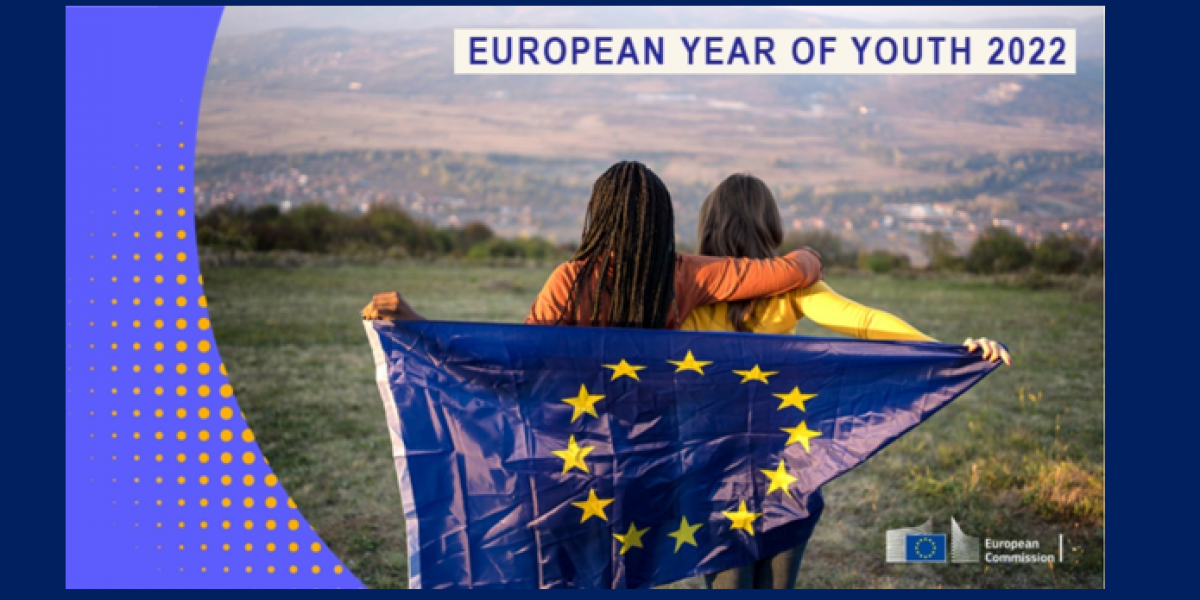In her 2021 State of the Union address, Ursula von der Leyen the President of the Commission continued with the thematic years, and declared 2022 as the European Year of Youth. She said that “you people must be able to shape Europe’s future… they need a soul and a vision”. What actions will go beyond words to help young people navigate through these uncertain and challenging times?

As Russia’s war rages on with Ukraine, the news have been filled with pictures and scenes only seen in faraway lands or on the European theatre in World War 2. Young people have been struggling with finding jobs during the pandemic and creating a sustainable, life where they can develop their potential to the fullest. The Commission has seen this as an opportunity to turn to the younger generation in helping to shape their own future especially with the digital and sustainable initiatives and youth policy on the table. The 2021 Youth Survey of the European Parliament showed that while young people are highly engaged in discussing politics, the majority does not understand what the European Union is, and how it works. Connected to this, they feel they have no voice in shaping their future, however poverty and climate change are top priorities on their agenda.
It seems like the EU has slowly realized that the Brussels bubble needs to go beyond the usual technocratic mumbo-jumbo such as partial general approach, ordinary legislative procedure and lengthy negotiations. Young people use technologies more confidently, are more concerned about the future of Europe and the planet and can acquire skills that are necessary to tackle the challenges we are facing today. Nevertheless, the EU will have to become more open, accessible and focused if it wants the younger generation on board, since 43% of respondents said they know nothing at all about the EU.
While education is a national competence, member states will need to do more on introducing courses on citizenship and the EU, making young people interested in the complexity of EU relations, providing a basic knowledge on the institutions and how can they be more involved in the decision-making process. It would be important, if all EU member states would create an annual, long-term youth policy strategy including milestones, youth priorities, skills development and providing a platform for the younger generation to raise their concerns and provide answers which can be channelled into working legislative proposals.
If the stakeholders fail to act in creating new opportunities, then they risk in creating a “lost generation” with increasing scepticism about the EU, and their future, which can also be socially and economically damaging to member states including social distrust. Youth fora also need to go beyond their usual frameworks and increase their visibility, creating cooperation on all levels of society. Hopefully the increased Erasmus+ funding, the EU Solidarity Corps, Creative Europe program are only the beginning of increased youth programs and participation which can increase solidarity across generations. The challenges can only be faced with new ideas, full participation and with perspectives for the future. This is why the European Year of Youth must be successful for all.
2022.05.27. Aron James Miszlivetz
Image: